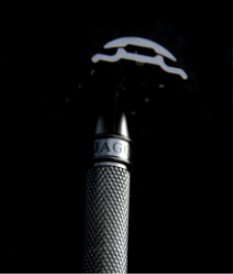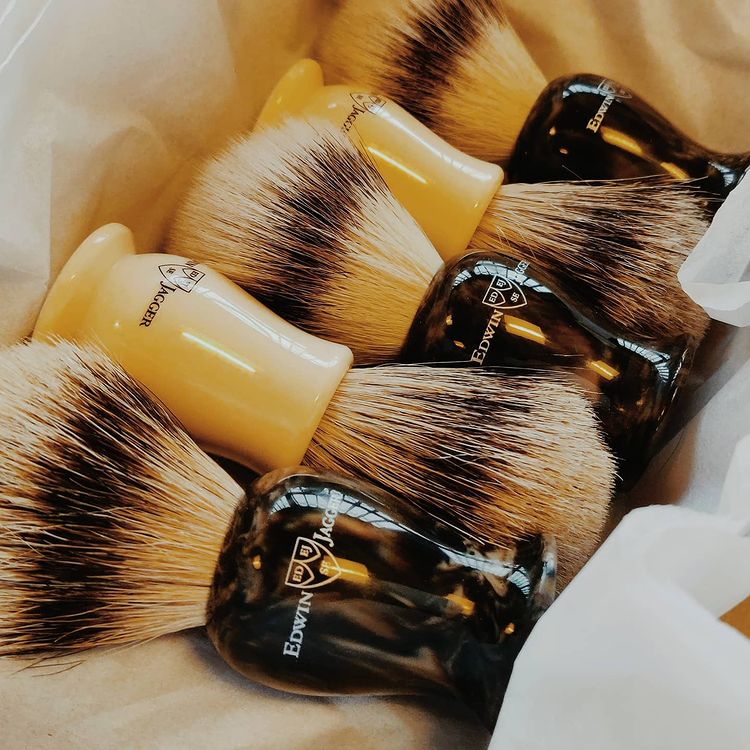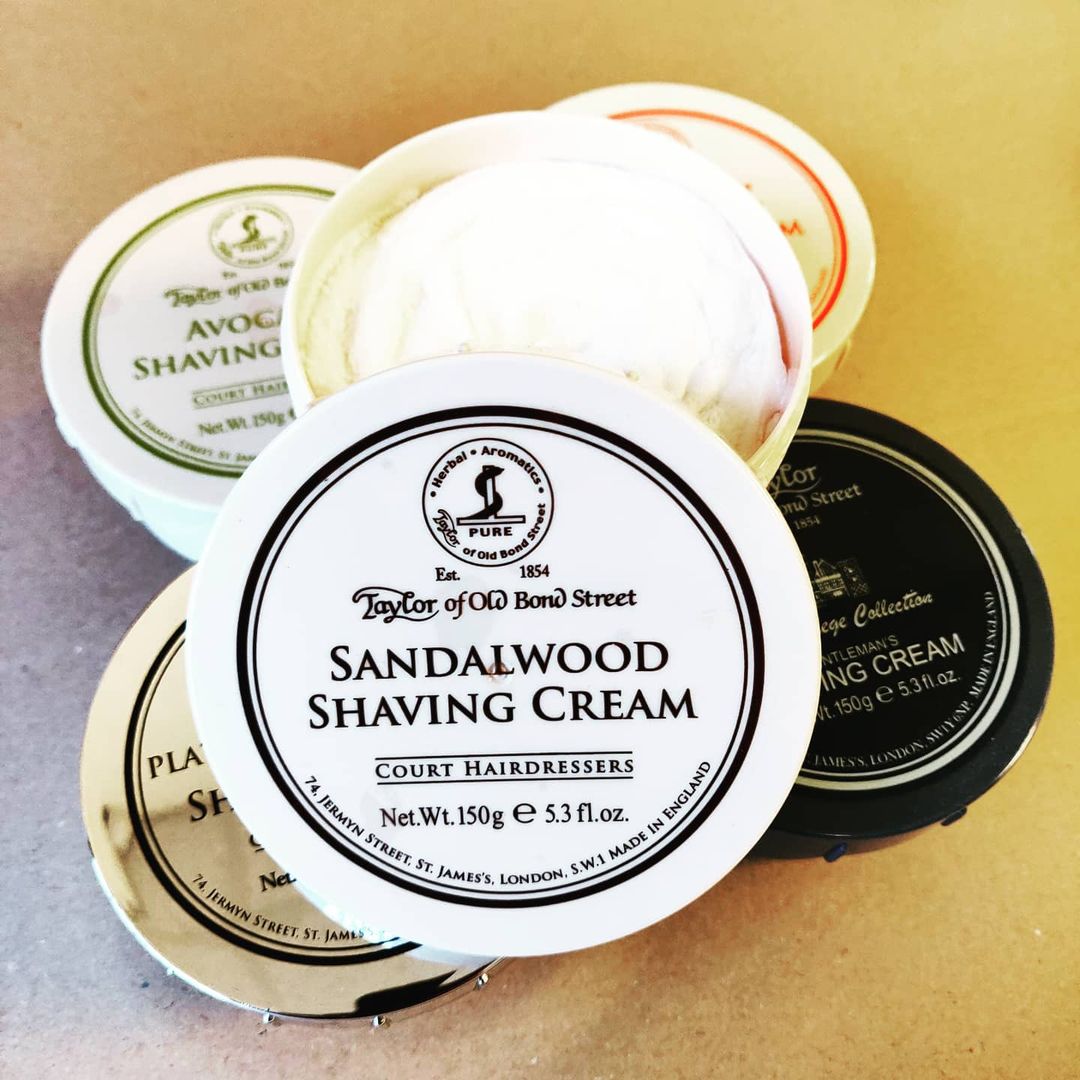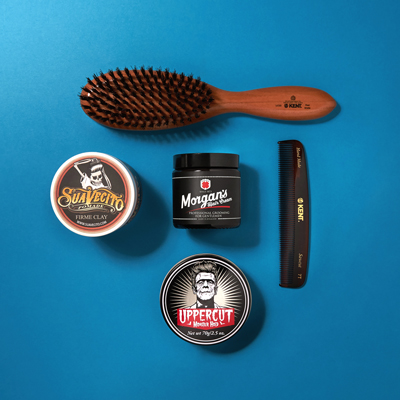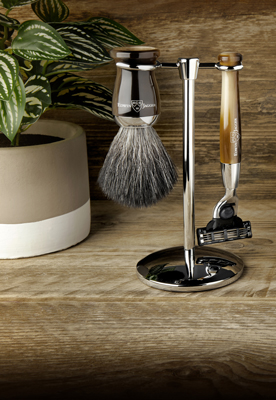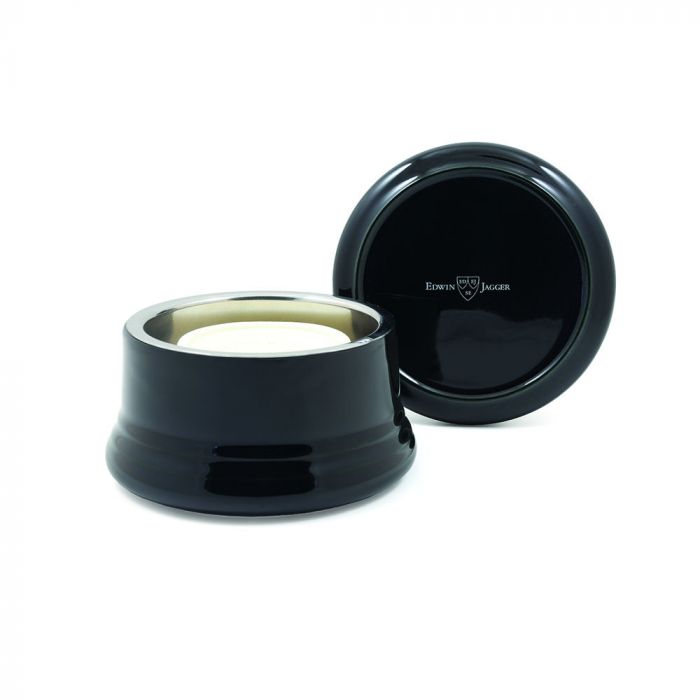How Does Diet Affect Your Skin?
Food is a central part of our lives. Whether you’re always eating on the go or you prioritise sit down meals with your family, food is essential to the functioning of our bodies and minds. But how much of an impact does it have on the health of our skin?
 Diets have long been a form of home-remedy for skin care. With all sorts of rumours, myths and suggestions circulating around, it can be hard to know what to believe and listen to. The English Shaving Company have poured through all the research, studies and claims to get to the bottom of what elements of our diet actually affect our skin.
Diets have long been a form of home-remedy for skin care. With all sorts of rumours, myths and suggestions circulating around, it can be hard to know what to believe and listen to. The English Shaving Company have poured through all the research, studies and claims to get to the bottom of what elements of our diet actually affect our skin.
Diet and Skincare
Sugar
Sugar influences both hormones and inflammatory responses which in turn can impact acne and the production of oil.
Hormones
Insulin is a hormone that moves sugar from your blood into your cells so it can be used for energy. When insulin increases, so does production of an insulin-like hormone called IGF-1. IGF-1 increases production of sebum - your skin’s oil. Too much sebum can cause breakouts and is one of the leading causes of acne. When blood sugar levels increase through eating, the amount of insulin and IGF-1 in your body rise which therefore makes your skin more oily and increases the likelihood of acne.
Refined and Unrefined
There are different forms of sugar in our diet probably the two most talked about are refined and unrefined sugars. Refined sugars are sugars such as granulated and brown sugar -- the sweeteners that go into cakes, biscuits, pasta sauces and so on. Unrefined or raw sugars are unprocessed and include things like honey, date syrup, molasses and more. There are a number of claims that suggest unrefined sugars are better for your skin, but both types can have an impact because they both influence insulin levels. However, eating refined and processed carbohydrates such as white sugar causes blood sugar to increase at a faster rate than eating unprocessed carbohydrates. This means that you produce more insulin and therefore more IGF-1. Reducing all types of sugar in your diet can help tackle oily skin and acne.
Inflammation
High blood sugar levels can also increase inflammation in the body (source). Inflammation is what causes the redness associated with acne and can make acne worse. Balancing your intake of sugar can help to reduce inflammation and therefore improve the appearance of acne and breakouts.
Wholegrains
Wholemeal and wholegrain foods are lower on the glycemic index than processed grains such as white bread, rice and pasta. Your body takes longer to break down foods lower on the glycemic index helping to stabilise blood sugar levels and prevent big spikes in insulin. As insulin production affects the oil-levels of your skin, eating wholegrain foods instead of processed ones can prove beneficial. According to dermatologist Francesca Fusco, white bread, pasta and rice can also increase the stress hormone, cortisol. Cortisol has a number of effects on your body which include stimulating sebum production. It makes your skin more oily and can therefore cause breakouts. There’s some correlation between incorporating more wholegrains into your diet and increased levels of antioxidants and zinc in your system. However this could be because people that swap to wholegrains sometimes make other healthy diet changes, like eating more green vegetables. Antioxidants help to fight free-radicals which cause wrinkles and zinc reduces redness and blemishes. 
Dairy
Dairy is known to be a trigger of acne for some people. The exact mechanism that causes this is unclear, but it could be because milk contains various precursors to hormones which have little biological effect on their own, but powerful effects when converted into other hormones such as testosterone and androgens. Your skin cells have receptors that convert these precursor hormones, so too much change can trigger acne. While dairy as a whole can be a problem, one of the main offenders is skimmed milk. Skimmed milk contains more whey which increases inflammation. As already covered , this worsens the appearance of breakouts.
Vegetarian Diets
The American Heart Association claim that, on the whole, vegetarian diets tend to be lower in cholesterol and saturated fats than diets containing meat. A vegetarian diet can impact the health of your skin because replacing saturated fats with unsaturated helps to reduce inflammation. Another study found that diets containing a lot of meat can increase the risk of skin cancer. This isn’t to say you shouldn’t eat any meat, but consuming large amounts can be unhealthy. On the other hand, being vegetarian can make it hard to get enough protein and therefore enough collagen in your diet. Collagen is essential for healthy skin and cell rejuvenation so if you don’t eat meat, it’s important to find alternative sources of protein.
Fats
While unsaturated fats are often better for your skin than saturated, your skin does need some fats in order to stay healthy. Fat is essential to help you absorb antioxidants and some vitamins. It also helps to strengthen cell membranes which makes your skin feel more supple. Some of the best sources of fats are nuts and olive oil. Olive oil is also thought to reduce the risk of melanomas. Olive oil contains four specific antioxidants which help to protect the skin against the effects of UV light. Consuming olive oil, along with other Mediterranean foods such as tomatoes and red wine in moderation, can reduce the risk of melanomas. However, you should also always remember to wear sun cream regardless! Your diet can have a big impact upon your skin health, but not every specialist diet is going to make a difference. The best thing is to try and make healthy choices such as swapping from processed white grains to wholegrains, eating less sugar and balancing the range of foods that you eat. The English Shaving Company are experts in skin care and grooming, so why not explore our website to find high-quality grooming products!



